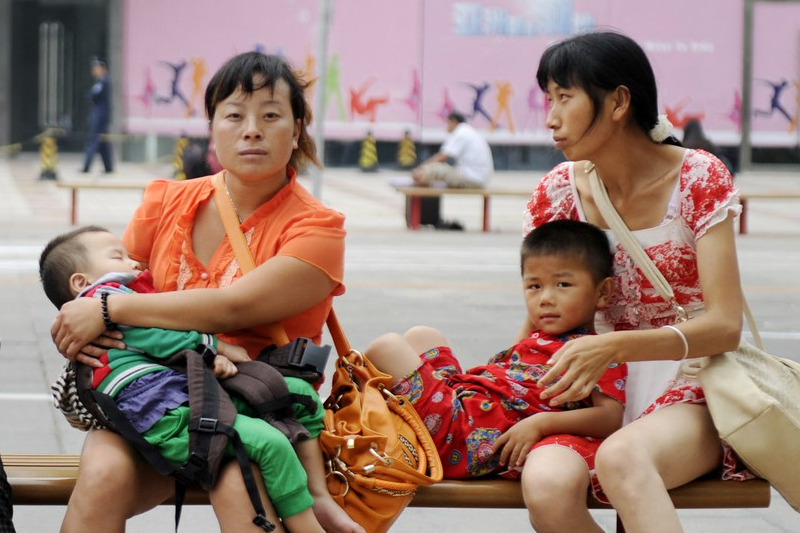
chinese women’s rights
In the face of mounting pressures from Beijing to bolster the nation’s declining childbirth rates, Chinese women are boldly asserting their autonomy, defying Communist Party mandates, and challenging deeply ingrained societal expectations. The demand for more children from the Communist Party has been met with a resounding “No” from a growing number of women. This shift in attitude, driven by a complex interplay of factors, has ignited a crisis for the authorities desperately seeking to reverse China’s aging demographic.
The Rising Tide of Resistance
Chinese women, particularly the younger generation, are standing firm against the persistent pro-natalist campaign launched by the government. The call for increased childbirth has led to a wave of defiance, fueled by a profound weariness of government interference and a pragmatic assessment of the sacrifices associated with parenthood.
The Crisis for the Communist Party: Pushback Against Governmental Harassment
Chinese women are pushing back against what they perceive as intrusive government interference in their personal lives. The growing discontent stems from the perception that Beijing is overstepping its bounds, encroaching on decisions that should be made at an individual or familial level.
The steadfast refusal of Chinese women to comply with Beijing’s demands has triggered a crisis for the Communist Party.
Keep Reading
Weighing the Costs of Child-Rearing
As the government urges more babies, women are critically evaluating the economic and personal toll of raising children. The financial burden, coupled with the sacrifices in career advancement and personal freedom, is prompting a reconsideration of traditional expectations.
The steadfast refusal of Chinese women to conform to state-mandated family size is posing a significant challenge to the Communist Party’s efforts to rejuvenate the country’s population. With a rapidly aging demographic and a shrinking workforce, the Party is grappling with the urgency of addressing the nation’s demographic imbalance.
The Imperative for Population Rejuvenation
Beijing’s push for more births is rooted in the recognition of the impending demographic crisis. China’s aging population poses economic and social challenges, necessitating a robust strategy to ensure long-term sustainability.
The clash between individual autonomy and societal expectations has brought the Communist Party to a crossroads. Striking a balance between encouraging childbirth and respecting the choices of women is becoming an intricate challenge, reflecting a broader struggle for societal harmony.
The Complex Tapestry of Factors
The decision of Chinese women to resist the call for more babies is woven into a complex tapestry of social, economic, and cultural factors.
Economic factors play a pivotal role in shaping decisions regarding family size. Rising living costs, housing expenses, and the demand for dual-income households contribute to a pragmatic assessment of the feasibility of raising children.
Changing perceptions of gender roles are influencing the choices of Chinese women. As more women pursue higher education and career ambitions, traditional expectations of early and large families are being reevaluated.
Urbanization has transformed societal structures, altering living conditions and the dynamics of familial support systems. The challenges of urban life and career aspirations are reshaping attitudes toward family planning.
In the face of Beijing’s demands for more babies, Chinese women are unequivocally expressing their right to make independent choices regarding family planning. The defiance is not merely a rejection of government mandates but a reflection of a broader societal shift, where individual autonomy and pragmatic considerations take precedence. The complexities of economic pressures, evolving gender roles, and urbanization underscore the intricate landscape within which these decisions unfold.









